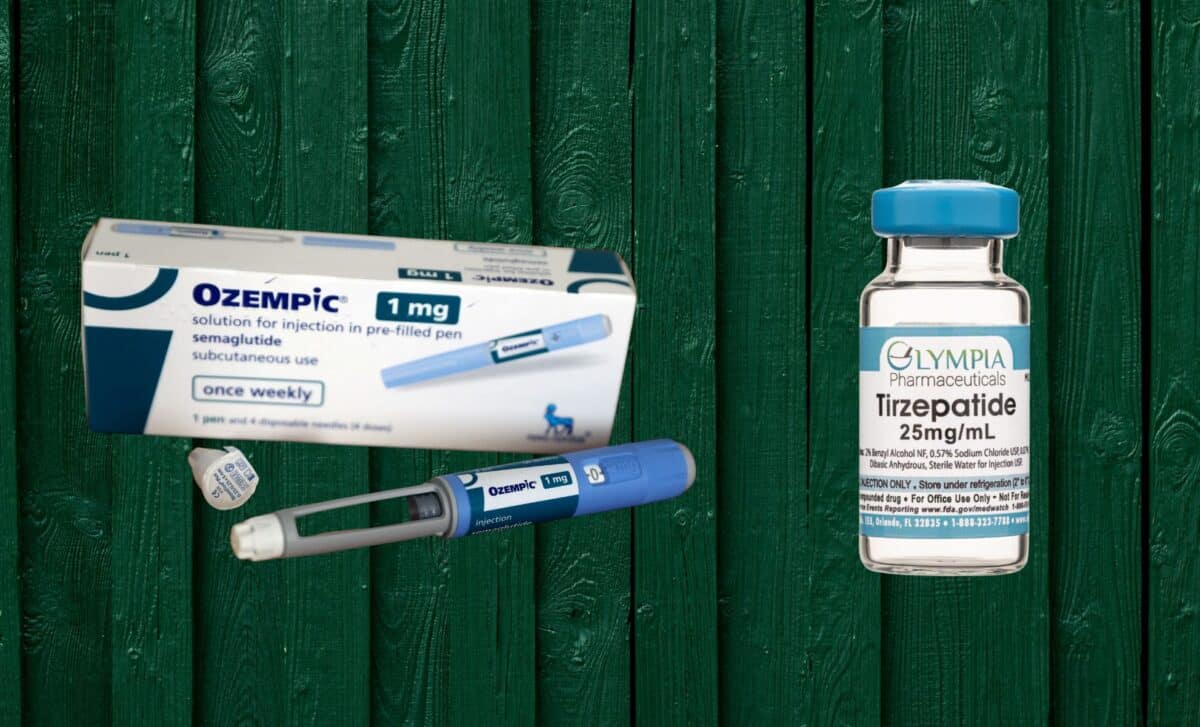Following worries that certain patients, including those with eating disorders or a healthy BMI, have been able to receive weight-loss injections like Wegovy and Mounjaro improperly, online pharmacies in the UK will now be subject to stronger controls on administering these medications.
In an effort to prevent harmful prescribing and safeguard the public’s health, the General Pharmaceutical Council (GPhC) has released new recommendations that require verification procedures.
Stricter Safeguards to Regulate Online Prescriptions
Semaglutide (Wegovy) and tirzepatide (Mounjaro)-containing weight-loss drugs have become increasingly popular, and many people are looking for private prescriptions online. Investigations have shown, nevertheless, that several internet pharmacies have authorized prescriptions for people who don’t fit the medical requirements.
In order to receive these injections, which are now categorized as high-risk drugs, people have been known to fabricate their weight or leave out crucial medical histories.
In response, the GPhC has announced a series of stricter checks for online pharmacies. A questionnaire or photographic evidence will no longer suffice for obtaining a prescription.
Instead, patients must undergo in-person or video consultations to verify their body mass index (BMI) and other relevant health data. This must be supplemented by independent verification, such as accessing medical records or consulting a GP or another healthcare provider.
The revised guidelines also emphasise the need for active communication between prescribers and GPs to ensure patient safety. If a patient does not have a regular healthcare provider or refuses to share their medical information, the prescribing pharmacist must assess whether it is safe to proceed. Phone consultations alone will not be deemed sufficient.
Addressing Safety Risks and Commercial Pressures
The introduction of these regulations follows growing concerns over unsafe prescribing practices and potential commercial pressures within online pharmacies. Some companies have reportedly set internal targets for processing a specific number of prescriptions per hour, raising fears that patient safety is being compromised.
Duncan Rudkin, chief executive of the GPhC, highlighted the dangers of inappropriate prescribing. “We have seen too many cases of medicines being supplied inappropriately online, putting people at risk. This updated guidance will support online pharmacies to protect their patients, and we expect them to act now to ensure these safeguards are in place,” he stated.
The new measures also address the issue of misleading advertising. Reports indicate that certain online pharmacies have exploited loopholes by offering discounts on weight-loss “services”, prominently featuring these medications.
The GPhC is now working closely with the Medicines and Healthcare Products Regulatory Agency (MHRA) and the Advertising Standards Authority (ASA) to crack down on improper marketing and promotional practices.
Industry experts admit that certain suppliers have operated in a regulatory grey area, even though the bulk of pharmacies currently follow stringent criteria.
The National Pharmacy Association’s chair, Nick Kaye, praised the new regulations, saying they would assist protect patients and promote responsible prescription.
The viability of quick medical confirmation and ongoing patient care after therapy starts, however, is still up for debate.









